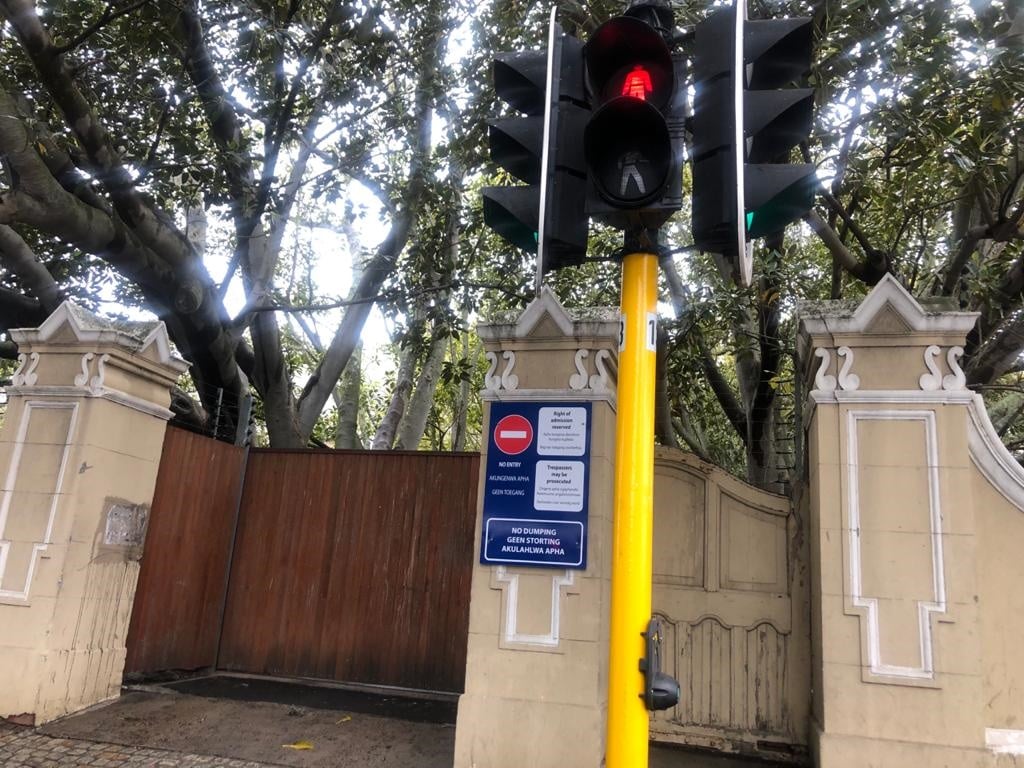
- The saga around the Tafelberg school site had been rumbling since 2017.
- This was when the Western Cape cabinet decided to sell the site to raise funds for education department premises.
- Premier Alan Winde said they would study the judgment carefully.
The Western Cape government says it is "deeply committed to addressing the need of residents for affordable housing and redressing the spatial legacy of apartheid".
The provincial government sold the site to the Phyllis Jowell Jewish Day School NPC in November 2015 for R135m. But this was challenged by the organisations Reclaim The City, Ndifuna Ukwazi and several individuals.
- The court set aside the sale of Tafelberg to the day school, as well as the subsequent decision by the province in March 2017 not to withdraw from the sale;
- The court said the province did not first offer the land for use to the provincial department of housing; and
- The court ruled that the province and the City of Cape Town "had not taken adequate steps to address the legacy of apartheid spatial planning in central Cape Town and its surrounds".
In response, Western Cape Premier Alan Winde said on Monday: "The WCG [Western Cape government] is deeply committed to addressing the need of residents for affordable housing and redressing the spatial legacy of apartheid... we have a year-round build programme developing a range of affordable housing options which are close to economic and educational opportunities and public transport routes, and which will allow residents to build lives that they value, for themselves and for their families."
Dignified
Among the province's products to offer "dignified and connected living spaces" were the Conradie Better Living Model development in Pinelands, and social housing opportunities incorporated into the development of the Helen Bowden Nurses' Home site in the Somerset Hospital precinct near the V&A Waterfront.
Winde said:
The provincial human settlements department was attempting to streamline the housing database process to deliver housing "to those most deserving, despite significant cuts to national grant funding for housing".
Winde said the land had been sold, in the last political term of office, to raise funds for important education premises. Since then, the fiscal shortage had since intensified - including due to the Covid-19 response. The provincial government would study the 200-page ruling in full, said Winde.
The court gave the province and City until 31 May to report back to court with a "combined policy" to address the legacy of spatial planning in central Cape Town and its surrounds".
Sisulu welcomes ruling
Human Settlements, Water and Sanitation Minister Lindiwe Sisulu, welcomed the ruling, and said the judgment "has made it possible for government through the Social Housing and Regulatory Authority (SHRA) to build social housing units for the qualifying beneficiaries while redressing "spatial apartheid" in central Cape Town, the legacy of segregation imposed by the apartheid government through its pre-1994 spatial plan".
She said:
"I sincerely hope that all affected parties will respect and abide by the High Court ruling and put first the needs of the people we are here to serve. We should all focus on restoring the dignity of our people through the provision of decent and affordable accommodation," Sisulu said.
